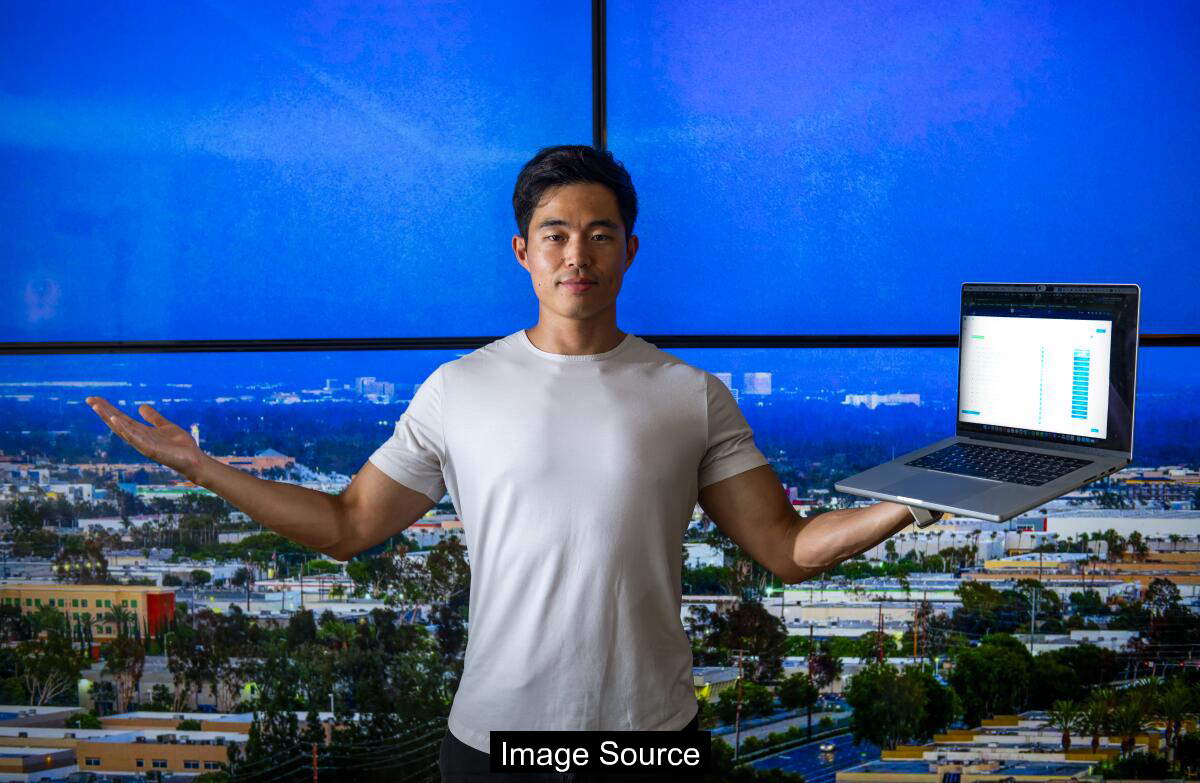A growing number of YouTube content creators are challenging Google’s practice of using their videos to train artificial intelligence models without explicit consent or compensation. The dispute highlights escalating tensions between digital content producers and tech companies seeking to leverage user-generated material for AI development.

The AI Training Controversy on YouTube
Google is leveraging YouTube’s massive video library to train its artificial intelligence tools, sparking significant tension within the creator community. The tech giant’s text-to-video product Veo is being developed using videos from content creators who have built their careers on the platform. This approach has raised serious concerns about intellectual property, compensation, and potential competition.
YouTube hosts over 20 billion videos, providing an unprecedented training dataset for AI development. Creators like Charlie Chang, who manages over 50 YouTube channels generating $3-4 million annually, are increasingly worried about the potential disruption to their business models. The fundamental fear is that AI tools might eventually replicate or replace their content, rendering their current work less valuable.
The platform’s relationship with creators has always been symbiotic, with YouTube sharing ad revenue and supporting content production. However, the current AI training initiative represents a potential shift in this delicate balance, challenging the established creator economy that YouTube helped build.
Creator Perspectives and Concerns
Many YouTubers feel they lack meaningful consent or compensation for having their content used in AI training. Kathleen Grace, a former YouTube employee, expressed frustration, suggesting creators should be actively protesting the company’s approach. The core issue is that creators cannot opt out of having their videos used for AI model development.
Content creators like Cory Williams argue that they are providing significant value to AI training without receiving direct benefits. The risk extends beyond potential revenue loss, with concerns about AI-generated content potentially mimicking their unique styles and personalities. Some creators worry about deepfake representations and unauthorized digital replicas.
Jake Tran, who runs a documentary-style YouTube channel generating $1 million annually, acknowledges the platform’s continued importance despite these challenges. Many creators feel trapped, recognizing YouTube as the best platform for building audiences and generating income, yet simultaneously feeling exploited by its parent company.
Understanding the Legal Landscape
The legal framework surrounding AI training remains complex and evolving. When users upload content to YouTube, they agree to terms of service that grant the platform broad licensing rights. However, legal experts like Mark Lezama suggest there might be room for challenging these terms specifically regarding AI training.
Other tech companies and AI developers are facing similar copyright challenges. Disney and Universal Pictures have already sued AI business Midjourney for potential copyright infringement. The tech industry generally argues that training on publicly available content falls under ‘fair use’ doctrine, a position not universally accepted.
The current legal environment presents more questions than definitive answers. Creators and legal professionals are closely watching how courts might interpret existing intellectual property laws in the context of rapidly advancing AI technologies.
YouTube’s Official Response
YouTube maintains that its approach supports creator innovation. Company spokesman Jack Malon emphasized that the platform ‘only succeeds when creators do’ and views AI tools as part of continuous technological evolution. The company is developing additional tools to help creators manage AI-generated content featuring their likenesses.
The platform has invested significantly in the creator ecosystem, reporting over $70 billion paid to creators, artists, and media companies between 2021 and 2023. YouTube encourages creators to use AI tools for brainstorming, production efficiency, and exploring creative concepts.
Despite these assurances, many creators remain skeptical about the long-term implications of AI integration into their professional landscape.
Creator Economy and AI: Frequently Asked Questions
Q1. Can creators completely prevent their content from being used for AI training?
A1. Currently, no. YouTube’s terms of service provide broad rights to use uploaded content, and there’s no explicit opt-out mechanism for AI training.
Q2. How might AI impact the future of content creation?
A2. AI could potentially democratize content production, lower barriers to entry, but also increase competition and potentially reduce the unique value of individual creators’ work.
Strategic Pointers
The ongoing tension between YouTube and its creators highlights the broader challenges of integrating AI into creative industries. Successful navigation will require transparent communication, fair compensation models, and robust legal frameworks.
Creators are advised to stay informed, diversify their content strategies, and actively engage with emerging technologies. While AI presents challenges, it also offers potential tools for innovation and efficiency.
As the digital landscape continues to evolve, collaboration between platforms, creators, and technology companies will be crucial in establishing ethical and sustainable practices for AI development and content creation.
※ This article summarizes publicly available reporting and is provided for general information only. It is not legal, medical, or investment advice. Please consult a qualified professional for decisions.
Source: latimes.com